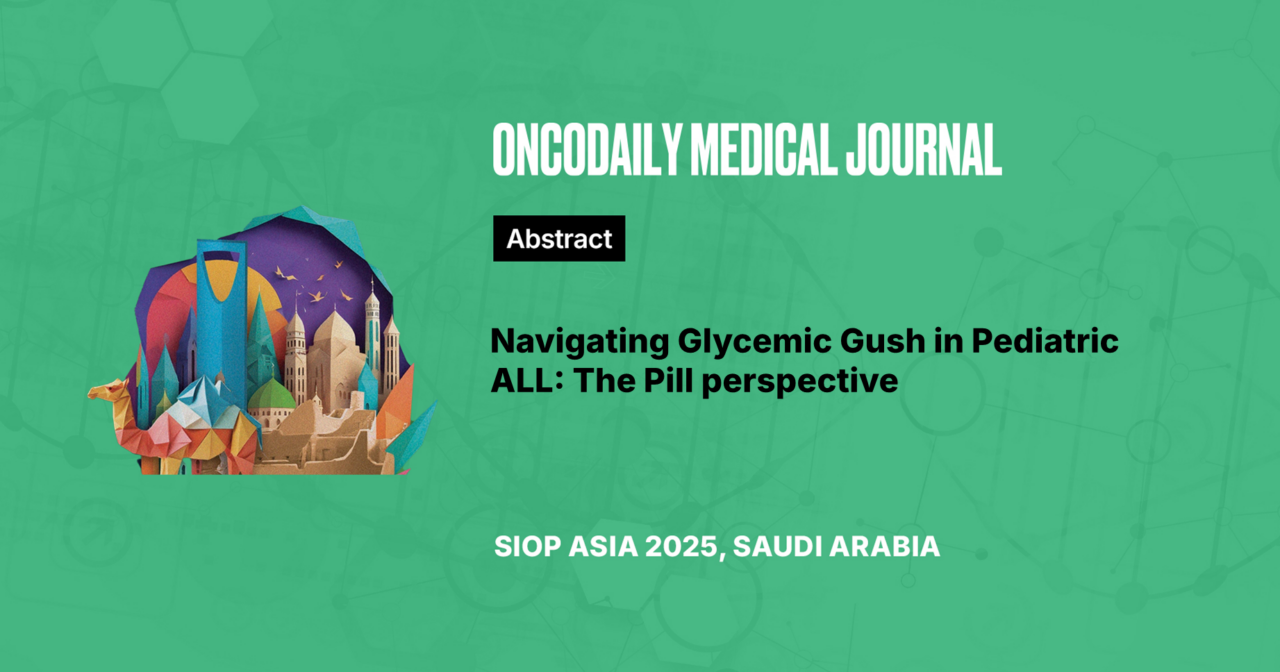Navigating Glycemic Gush in Pediatric ALL: The Pill perspective
Abstract
Introduction: Hyperglycemia during the treatment of pediatric acute lymphoblastic leukemia (ALL), is often induced by corticosteroids and asparaginase. This study evaluated metformin as an effective, safer alternative, offering easier administration, avoiding subcutaneous injections, and lowering hypoglycemia risk while improving patient’s quality of life.
Methodology: A retrospective review was conducted on 46 children with ALL who developed hyperglycemia during the induction and reinduction phases of treatment between March 2019 and August 2024. We assessed the effectiveness of metformin in controlling hyperglycemia and the need for insulin in cases of suboptimal response.
Results: A total of 46 patients were reviewed, with the majority (58.9%) in the preadolescent/adolescent age group. The overall prevalence of hyperglycemia was 16.9%, with a median age of 12 years. Pre-B ALL accounted for 87.1% of cases, while T-ALL comprised 12.9%. WBC >20,000/μL was seen in 46.1%, and 55.5% had hyperleukocytosis, though not statistically significant (p=0.08). Hyperglycemia mostly occurred during induction, with 66.6% developing it within a week of starting steroids. Four patients had new-onset dysglycemia during reinduction, while 14 of 42 induction-phase patients experienced hyperglycemia recurrence during reinduction. For patients with blood glucose >300 mg/dL, comorbidities, or suboptimal control on 1500 mg metformin, insulin analogues were added.
Glycemic control during induction was achieved with metformin alone in 33 patients, while 9 required insulin. During reinduction, 6 patients needed both metformin and insulin. Culture-positive sepsis occurred in 23.9% of patients, including cases of fungal sepsis, pulmonary aspergillosis, and cerebral aspergillosis. Patients achieved euglycemia after stopping steroids without long-term hypoglycemics. Metformin was well-tolerated, with no serious side effects, and disease remission was achieved without compromising treatment goals.
Conclusion: Oral metformin effectively managed therapy-induced hyperglycemia in children with ALL, avoiding insulin in 72.5% of cases. It can offer as a promising first-line option for non-severe, treatment-induced hyperglycemia.





